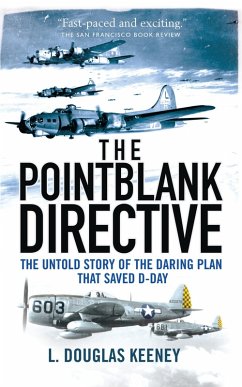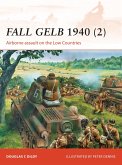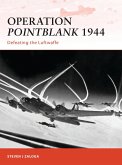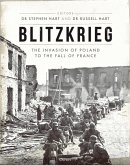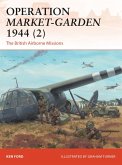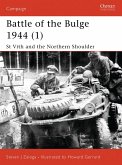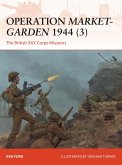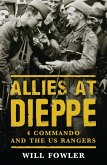The Pointblank Directive is the result of extensive new research that creates a richly textured portrait of perhaps the last untold story of D-Day.
Where was the Luftwaffe on D-Day? Following decades of debate, 2010 saw a formerly classified history restored and in it was a new set of answers.
This title analyzes three uniquely talented men and why the German Air Force was unable to mount an effective combat against the invasion forces. Following a year of unremarkable bombing against German aircraft industries, General Henry H. "Hap" Arnold, commander of the U.S. Army Air Forces, placed his lifelong friend General Carl A. "Tooey" Spaatz in command of the strategic bombing forces in Europe, and his protégé, General James "Jimmy" Doolittle, command of the Eighth Air Force in England.
For these fellow aviation strategists, he had one set of orders - sweep the skies clean of the Luftwaffe by June 1944. Spaatz and Doolittle couldn't do that but they could clear the skies sufficiently to gain air superiority over the D-Day beaches. The plan was called Pointblank.
Where was the Luftwaffe on D-Day? Following decades of debate, 2010 saw a formerly classified history restored and in it was a new set of answers.
This title analyzes three uniquely talented men and why the German Air Force was unable to mount an effective combat against the invasion forces. Following a year of unremarkable bombing against German aircraft industries, General Henry H. "Hap" Arnold, commander of the U.S. Army Air Forces, placed his lifelong friend General Carl A. "Tooey" Spaatz in command of the strategic bombing forces in Europe, and his protégé, General James "Jimmy" Doolittle, command of the Eighth Air Force in England.
For these fellow aviation strategists, he had one set of orders - sweep the skies clean of the Luftwaffe by June 1944. Spaatz and Doolittle couldn't do that but they could clear the skies sufficiently to gain air superiority over the D-Day beaches. The plan was called Pointblank.

